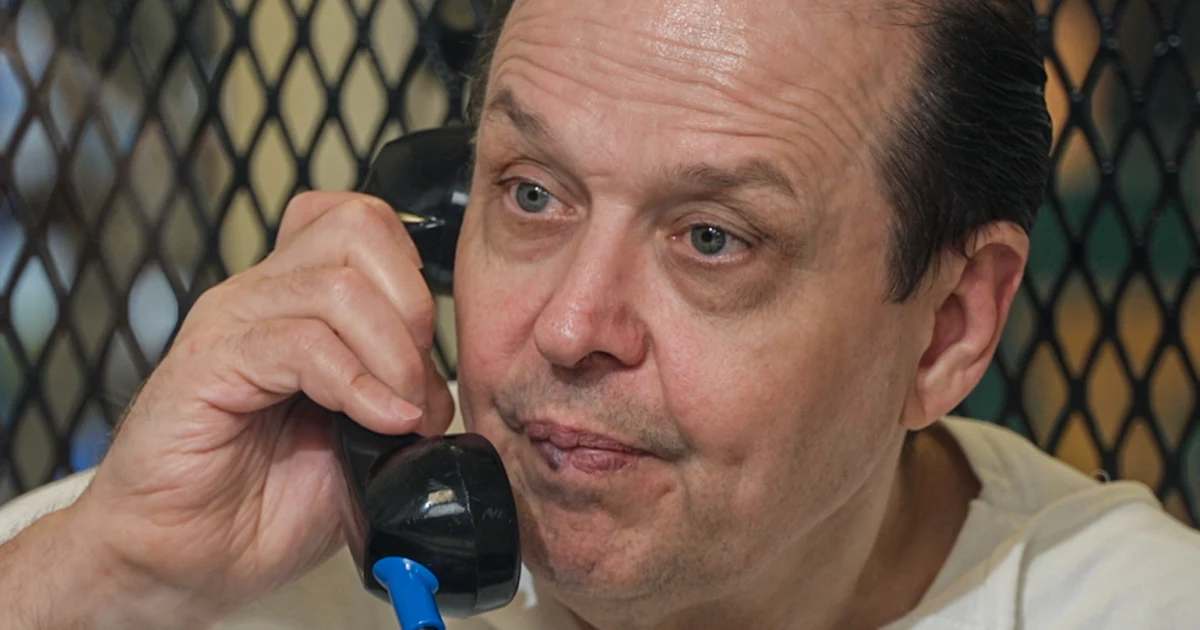
The nation’s first execution of a person convicted in a “shaken baby syndrome” case has been temporarily halted after Texas’ highest criminal court ruled Thursday in the condemned man’s favor.
Robert Roberson, 58, had faced an Oct. 16 execution date for capital murder in the 2002 death of his young daughter, Nikki. But the Texas Court of Criminal Appeals said in an order it would grant an emergency motion for a stay of execution “pending the resolution” of his claim, referring it back to the trial court.
For more on this case, listen to episodes of the “Dateline” podcast “The Last Appeal”
The case has drawn support from a bipartisan group of Texas lawmakers who used their legislative power a year ago to help block Roberson’s execution in a last-minute maneuver.
Since then, state Attorney General Ken Paxton has vowed to press ahead with a new execution date.
The Texas Court of Criminal Appeals’s decision puts Roberson’s death sentence in limbo.
In filings this year, Roberson’s legal team argued that there is new evidence of his innocence and that the medical and scientific methods used to convict him of so-called shaken baby syndrome, in which a child is shaken so violently that the action causes head trauma, have since been largely discredited.
His team is also asking for a stay of execution and a new trial after claims that judicial officials in Anderson County, where a jury sentenced him to death in 2003, violated Roberson’s constitutional rights.
Roberson’s lawyers said in a filing Monday that a “Dateline” podcast about his case that includes an interview with Nikki’s maternal grandfather revealed claims of judicial misconduct involving the Anderson County judge who presided over Roberson’s trial.
Aside from the request in front of the Texas Court of Criminal Appeals, Roberson filed a separate plea this month with the Fifth Circuit Court of Appeals for a stay of execution so that he could file a new legal challenge claiming his imprisonment is illegal because of “overwhelming evidence that he was convicted using discredited ‘science.'” That appeal is ongoing.
Previous attempts to stop Roberson’s execution have been exhausted, including as it relates to a 2013 “junk science” law that allows Texas inmates to potentially challenge convictions based on advances in forensic science.
Roberson has maintained his innocence in his daughter’s death.
In January 2002, Roberson and 2-year-old Nikki fell asleep in their East Texas home and he later awoke, he said, after he heard a sound and found Nikki had fallen out of bed, according to court documents.
Later that morning, when Roberson discovered his daughter was unconscious and her lips were blue, he rushed her to an emergency room. He showed little emotion, furthering law enforcement’s suspicions, authorities said.
Within three days, a detective arrested Roberson on a capital murder charge.
The jury in Roberson’s trial never heard the extent of how sick Nikki had been since the day she was born, including that she had been taken to the hospital more than 40 times in her short life. Two days before she died, she registered a 104.5-degree fever at the doctor’s office. She was sent home with the medication Phenergan, which has since been deemed too dangerous for children — it now carries a “black box warning” from the Food and Drug Administration.
Brian Wharton, the detective who arrested Roberson and has since retired, has said publicly that he now believes Roberson is innocent.
Wharton told NBC News’ Lester Holt in October 2024 that he arrested Roberson without knowledge of Nikki’s medical history and was unaware that Roberson is autistic, which would have explained his lack of emotion. (Roberson was diagnosed with autism spectrum disorder in 2018, years after Nikki’s death.)
While doctors and law enforcement concluded that Nikki suffered blunt-force trauma and was shaken, Roberson’s defense team says a new understanding of “shaken baby syndrome” shows that other medical conditions can be factors in a child’s death, as it believes was the case with Nikki.
Paxton, however, has remained adamant that Roberson is guilty of murder. His office took over the case from the Anderson County District Attorney’s Office this year.